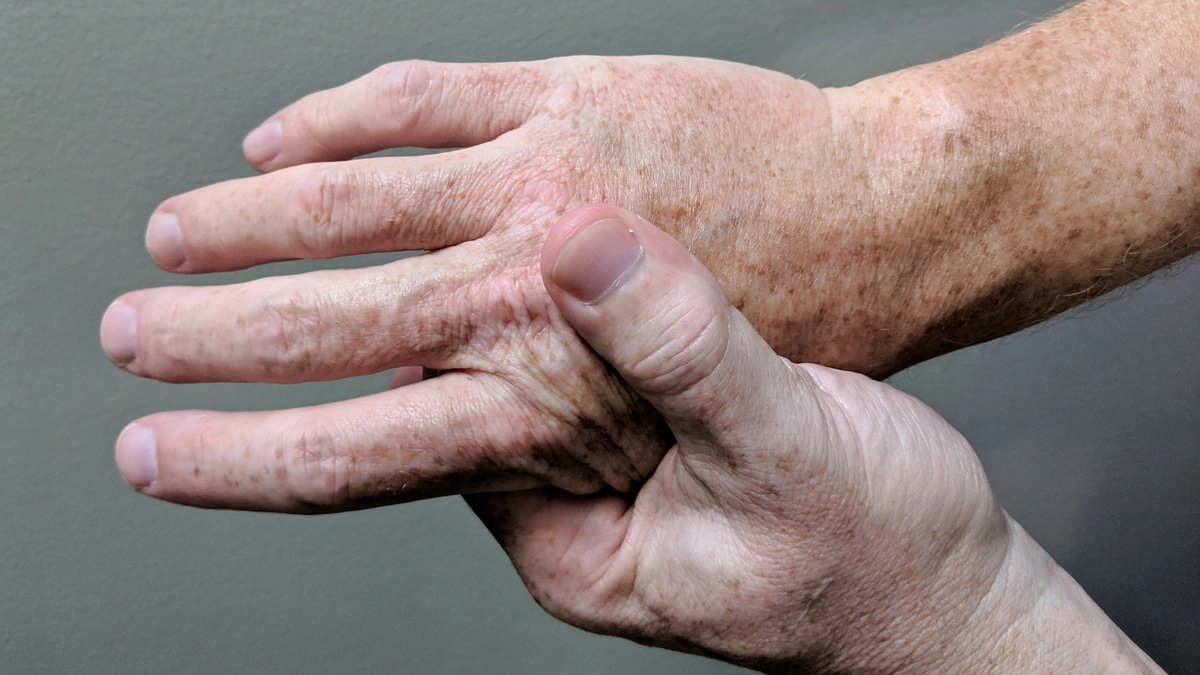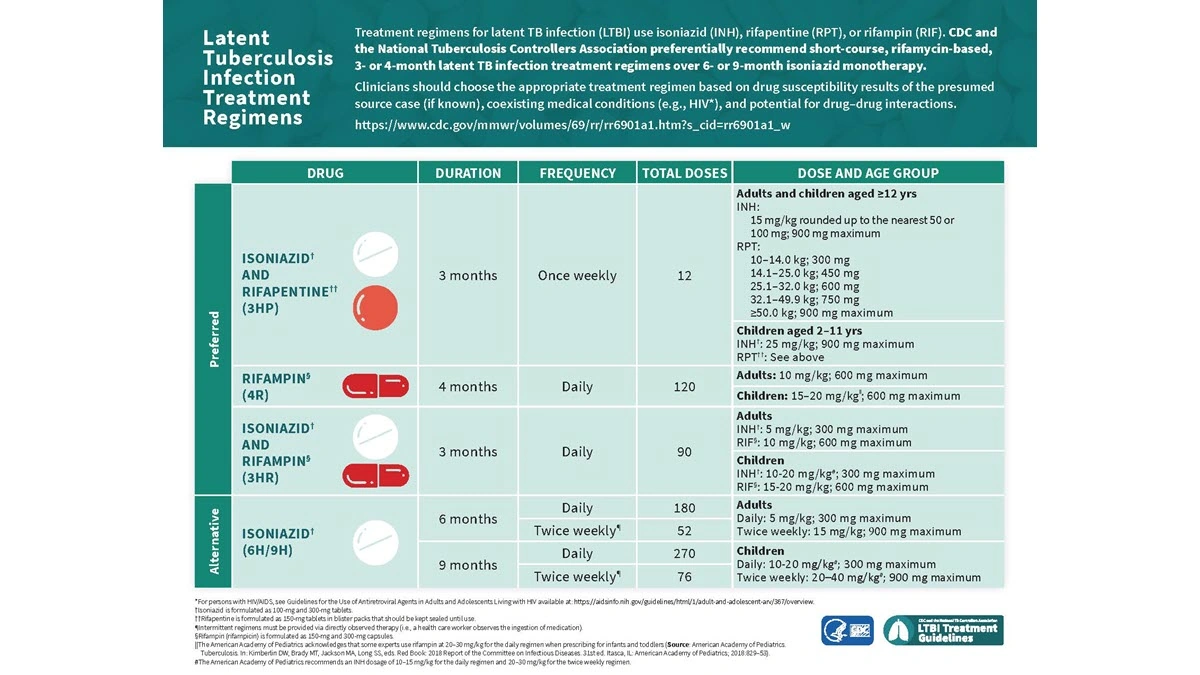Arthritis Day 2025 | 7 Early Warning Signs You Can’t Ignore
Arthritis. The very word can conjure images of aching joints, stiffness, and a life slowly grinding to a halt. But here’s the thing – it doesn’t have to be that way. Early detection is the game changer. That twinge you feel in your knee after a long walk? The stiffness in your fingers when you wake up? Don’t brush it aside. It could be your body sending out early arthritis signs .
As we approach Arthritis Day 2025, it’s crucial to understand that arthritis isn’t just one disease; it’s an umbrella term encompassing over 100 different conditions. And while there’s no magic bullet cure (yet!), recognizing the early symptoms can pave the way for timely intervention, better management, and a significantly improved quality of life. So, let’s dive into the seven early warning signs you simply can’t afford to ignore.
1. Persistent Joint Pain | More Than Just a Little Ache

Okay, everyone experiences aches and pains. But what distinguishes garden-variety discomfort from something more serious? It’s persistence and pattern. I’m talking about pain that lingers for weeks, even months. A dull ache that transforms into a sharp stab with movement. Also, the pain might seem to move from one joint to another, making it hard to pinpoint. Don’t just pop a painkiller and hope for the best. Listen to your body.
What fascinates me is how many people try to self-diagnose. “Oh, it’s just because I slept wrong” or “I overdid it at the gym.” While those are valid possibilities, persistent joint pain, especially when accompanied by other symptoms, warrants a visit to a doctor. Early diagnosis, proper medication and physical therapy can make a world of difference in slowing down the progression of arthritis .
2. Morning Stiffness | A Rusty Start to the Day
We all feel a little creaky in the morning, especially as we get older. But when that stiffness lasts for more than 30 minutes, it’s a red flag. Imagine your joints are like a rusty gate – they need some WD-40 (or, in this case, movement) to get going. This prolonged morning stiffness is a classic symptom of inflammatory arthritis, like rheumatoid arthritis. What’s happening is that inflammation builds up overnight, and it takes a while for your body to work it out.
Here’s the thing, this isn’t just about feeling a little stiff. The inflammation associated with arthritis can actually damage the cartilage and bone in your joints over time. So, ignoring that morning stiffness is like ignoring a small leak in your roof – it will eventually lead to bigger problems. It’s important to differentiate normal stiffness from early symptoms of arthritis .
3. Swelling and Redness | The Inflammatory Tell-Tale
Swelling and redness around a joint are telltale signs of inflammation. This isn’t just about your ankle being a little puffy after a sprain. We are talking about obvious, persistent swelling that makes the joint feel warm to the touch. The skin around the joint may even appear red or purplish. This is your body’s immune system going into overdrive and attacking the joint lining.
The one thing you absolutely must do is pay attention to which joints are affected. Are we talking about the small joints in your hands and feet? Or the larger joints like your knees or hips? The location of the swelling can provide clues about the type of arthritis you might have. For example, rheumatoid arthritis often affects the small joints symmetrically (meaning on both sides of the body). Learn more about how to deal with joint pain relief .
4. Reduced Range of Motion | Joints That Just Won’t Bend
Notice how you can’t fully bend your elbow or straighten your knee? Or perhaps you can’t rotate your wrist as far as you used to? Reduced range of motion is a common symptom of arthritis. As the cartilage in your joints wears down, the space between the bones narrows, and movement becomes restricted.
A common mistake I see people make is attributing this to aging. While it’s true that our joints become less flexible as we get older, a significant reduction in range of motion is not a normal part of aging. It’s a sign that something is wrong. It’s an indication of the necessity of arthritis diagnosis .
5. Fatigue | More Than Just Feeling Tired
Arthritis isn’t just about joint pain; it can also cause profound fatigue. This isn’t your run-of-the-mill tiredness after a long day. It’s a deep, persistent exhaustion that doesn’t go away with rest. This fatigue is often caused by the inflammation associated with arthritis, which can disrupt sleep and drain your energy levels.
But, let’s be honest, fatigue is a tricky symptom. It can be caused by so many things, from stress to sleep deprivation to underlying medical conditions. However, if you’re experiencing persistent fatigue along with other joint-related symptoms, it’s important to consider arthritis as a potential culprit.
6. Clicking, Popping, and Grinding | Noisy Joints
Do your knees click when you stand up? Do your shoulders pop when you reach for something? Do you feel a grinding sensation in your hips when you walk? These noises and sensations, while sometimes harmless, can also be signs of cartilage damage in your joints. As the smooth cartilage wears away, the bones can rub against each other, creating those unsettling sounds.
I initially thought this was straightforward, but then I realized that many people experience these sounds without any pain or other symptoms. In those cases, it’s usually nothing to worry about. However, if these noises are accompanied by pain, swelling, or stiffness, it’s a sign that you should get your joints checked out.
7. Numbness and Tingling | Nerve Irritation
Arthritis can sometimes lead to numbness or tingling in the hands and feet. This is often caused by nerve compression, which can occur when the swelling and inflammation associated with arthritis put pressure on nearby nerves. Carpal tunnel syndrome, a common condition in people with rheumatoid arthritis, is a prime example of this.
Let me rephrase that for clarity: the inflammation in your joints can literally pinch or irritate the nerves that run through those joints, leading to those strange sensations. If you’re experiencing persistent numbness or tingling, especially in your hands or feet, it’s important to see a doctor to rule out nerve compression.
FAQ About Early Arthritis Signs
What if I only have one of these symptoms?
One symptom alone might not be cause for alarm, but it’s worth monitoring. If the symptom persists or worsens, consult a doctor.
Can arthritis be cured?
While there is currently no cure for most types of arthritis, early diagnosis and treatment can help manage symptoms and slow the progression of the disease.
What are the risk factors for arthritis?
Risk factors include family history, age, previous joint injuries, obesity, and certain autoimmune diseases.
What kind of doctor should I see if I suspect I have arthritis?
A rheumatologist is a specialist in arthritis and other musculoskeletal conditions.
What lifestyle changes can help manage arthritis symptoms?
Maintaining a healthy weight, exercising regularly, and eating a balanced diet can all help manage arthritis symptoms. You can also check more on staying healthy .
Are there any specific foods I should avoid if I have arthritis?
Some people find that certain foods, such as processed foods, sugary drinks, and red meat, can worsen their arthritis symptoms. Experiment to see what works best for you.
So, there you have it – seven early warning signs of arthritis you can’t afford to ignore. Remember, early detection is key to managing this condition effectively and maintaining a good quality of life. Don’t wait for the pain to become unbearable or the stiffness to become debilitating. Listen to your body, be proactive, and seek medical attention if you notice any of these symptoms. Your joints will thank you for it. Ignoring joint inflammation is not a good idea. The importance of early treatment of arthritis cannot be understated. And finally, remember that even though arthritis pain management can be challenging, advancements are being made all the time. Stay informed, stay positive, and take control of your health. Stay informed about arthritis diagnosis to take action in time.













